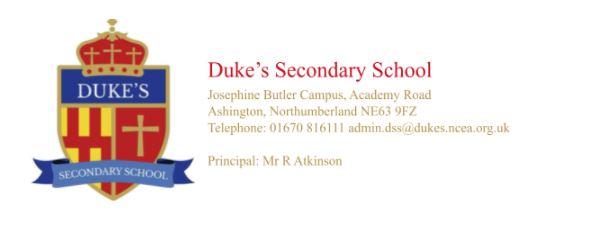
Dear Parent / Carer
Advice for Y11 and Y13 students
We are entering a crucial phase for students preparing to sit their exams in May-June. I am sure that everybody will be immersed in revision at this time but I thought it would be useful to share a few key reminders:
- Attendance: It is essential that students are at school as much as is humanly possible to avoid missing out on key sessions and lessons.
- Revision and support sessions: Make sure you know when these are taking place and your child is taking advantage of them (Easter holiday sessions). Revision should be little and often; short bursts of revision with 30/40 mins work followed by a break will keep you interested and stop you from becoming bored. Making good use of evenings, weekends, half term and holidays is essential if you are to do your best in the exams. It is important to have a balance between work, social time and family time but now is the time that clear, focused revision begins in earnest.
Reward yourself when you accomplish your goals.
- Past exam papers: Complete practice exam papers but do so in timed conditions to replicate the exam situation and check your answers with the mark scheme. This is the best way of learning exam technique and how the exam board wants you to answer questions. Make sure you read the examiners comments so you know what to do/not to do.
- Ask for help: If your child is struggling with a concept or topic then encourage them to approach their teachers for additional support – they will be only too happy to provide guidance and help.
- Create a revision plan (example at the back of Duke’s revision guide to print out) for your exams starting in May. https://dukes.ncea.org.uk/y11-revision-guide/
Parental support
We all remember how stressful exam time is, and how important the right kind of support from parents – and other members of the family – can be. Providing a quiet study space, away from distractions, is important. However, different people learn in different ways: some people learn better if there is appropriate background music, or by talking aloud, or pacing, so absolute silence isn’t always the best approach. Showing an interest in progress, and providing regular praise or rewards can be very supportive – sometimes, even a simple “Well done!” can mean a lot.
We look forward to continuing to support your son/daughter over the next few months.
Yours sincerely,
Mr A Blight
Assistant Principal


